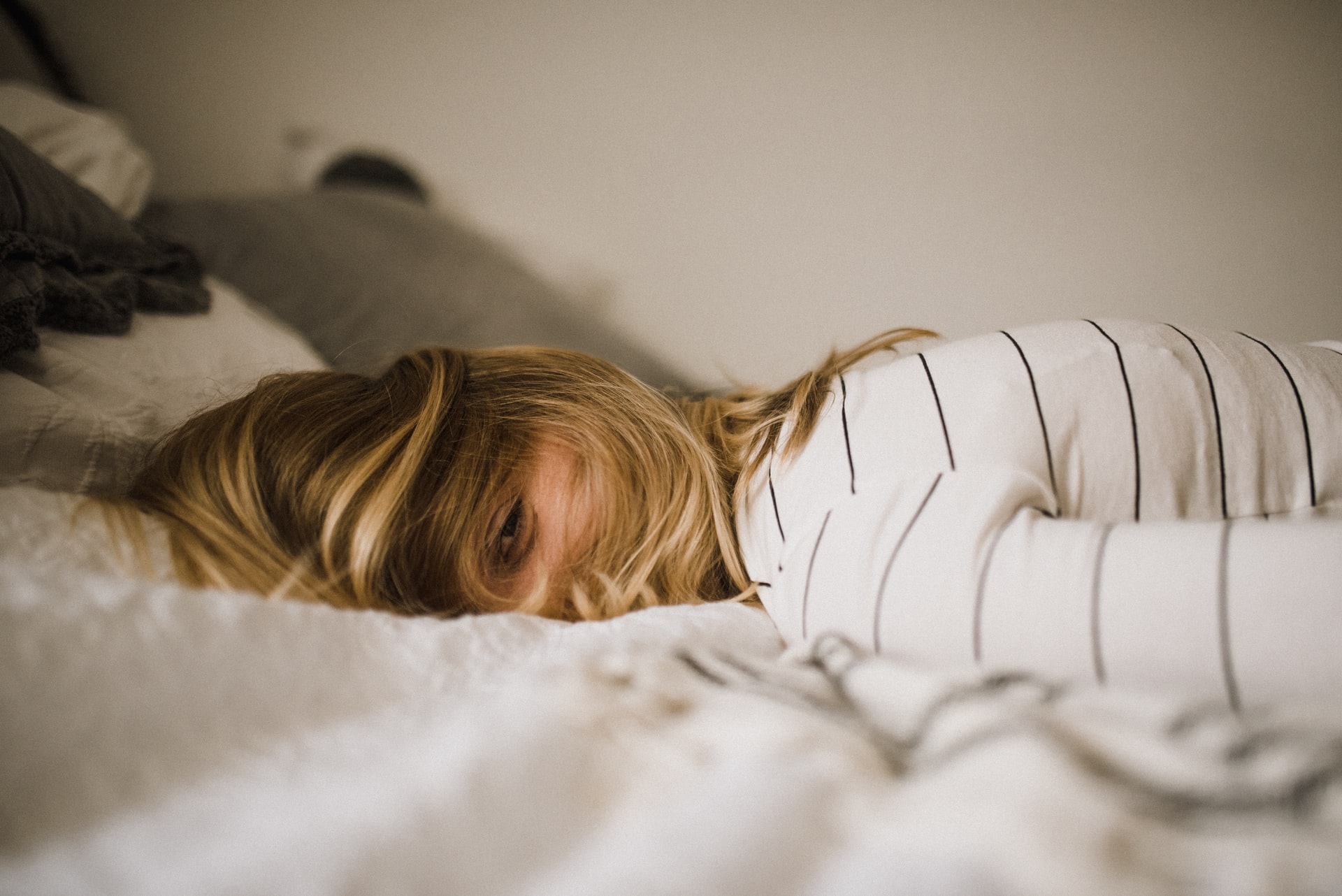Sleep is really essential for our well-being and for our general state of health. However, there are some times when you tend to suffer more from insomnia, headaches upon waking, or feelings of fatigue. The reason could be closely related to the spring season. In fact, in this period, the lengthening of the days and hours of light cause an alteration in the production of melatonin. The latter is the hormone that regulates the sleep cycle.
Hence, getting high could lead to insomnia, difficulty sleeping, or interruptions during the night. Hence, fatigue during the day, inefficiency at work and altered mood, which would then impact on relationships. Moreover, among the consequences, there could also be stress and anxiety.
What to do to counteract spring insomnia
When sleep is accompanied by stress and worries, it can lead to a headache, even when you wake up. Therefore, for sleep well we could use natural supplements, such as passion flower, valerian, chamomile, magnesium, lavender, melatonin. So, if in spring the rise in melatonin causes sleep disturbances, these light devices may be enough. However, if they prove insufficient, it may be necessary to resort to medicines, even for a short time. Think of sedative-hypnotics, such as benzodiazepines.
If, however, i disturbances should headache and the other aforementioned disorders persist and occur, it is necessary to consult a neurologist. This is because there are some pathologies that cause insomnia and they are: the restless legs syndrome and extrapyramidal pathologies. Then, we have: apneas, psychiatric, respiratory or cardiac disorders.
If in spring the rise in melatonin causes sleep problems, headaches upon waking and fatigue, here is what advice we should follow
To avoid the insomnia typical of spring, we could take precautions that could help us restore the correct production of melatonin. Here they are explained here:
- always go to bed and get up at the same time;
- try not to use smartphones and other electronic devices, which can affect the production of melatonin;
- reduce the use of nicotine, caffeine and alcohol throughout the day;
- exercise regularly, but not 3 to 4 hours before going to bed;
- avoid meals that are too heavy and too salty. On the other hand, it would be better to prefer foods such as: bananas, cherries, grapes, walnuts, almonds. Then: fish, vegetables, low-fat cheeses and yogurt. Finally, bread, pasta, rice, barley, without exaggeration;
- sleep in the dark, keeping noise and light away.
Recommended reading


